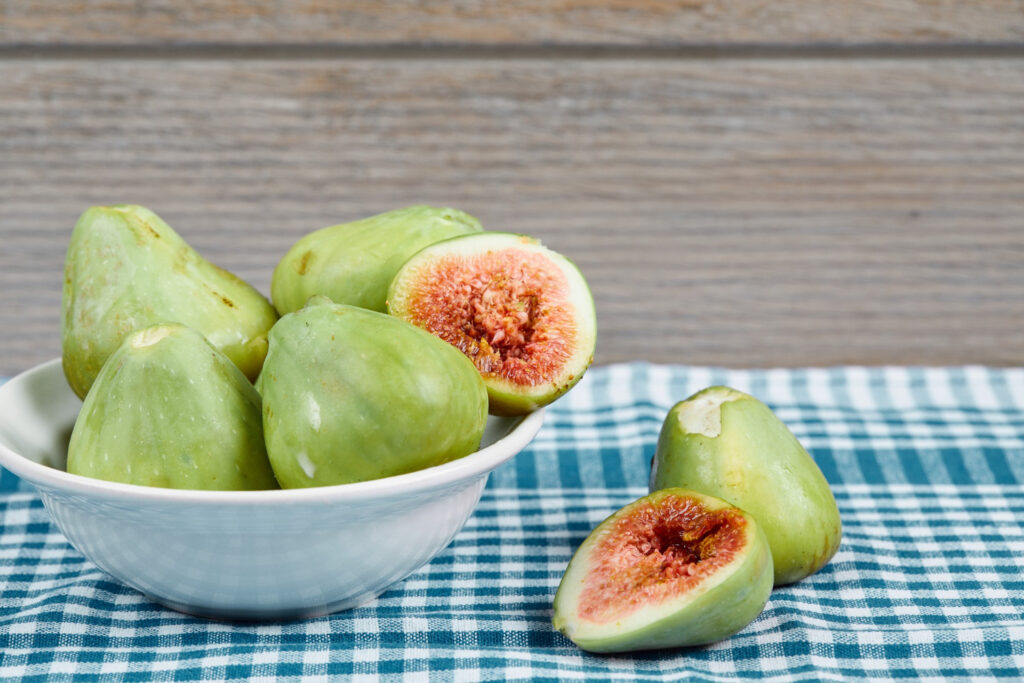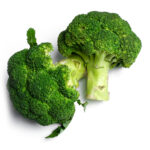
In this article
Guava is a versatile tropical fruit that thrives in both dry and humid climates. Both the fruit and the leaves of the guava plant are edible. The fruit is commonly enjoyed as a snack, while the leaves are often used to brew herbal tea. Guavas have a texture similar to pears but with an added crunch. Their sweet, tropical flavor provides a delightful sensory experience reminiscent of an island vacation. Beyond their delicious taste, guavas are packed with numerous health benefits.
Nutrient-Rich Profile
Guava is a powerhouse of nutrients. It contains more vitamin C than oranges and is rich in antioxidants, making it a valuable addition to a healthy diet. Here are some of the key health benefits of consuming guava:
Improved Digestion
One of the primary nutrients in guava is fiber, which plays a crucial role in digestive health. Fiber helps regulate bowel movements by solidifying and softening stool, easing symptoms of both diarrhea and constipation. Studies have shown that guava leaf extract can also reduce the intensity and duration of diarrhea, making it beneficial for individuals with digestive disorders like irritable bowel syndrome.
Relief from Menstrual Pain
Women experiencing painful menstrual cramps may find relief in guava leaves. Research indicates that guava leaf extract can be more effective than conventional painkillers in alleviating menstrual cramps, providing a natural alternative for pain management.
Enhanced Immune System
Guava is exceptionally rich in vitamin C, a vital nutrient for immune health. Adequate vitamin C intake can shorten the duration of colds and help the body combat bacterial infections. Including guava in your diet can bolster your immune defenses.
The Benefits of Guava Leaf Tea
Several studies on guava leaf tea have uncovered its potential health benefits, particularly in lab and animal research.
Diarrhea Treatment
Guava leaf tea has been traditionally used to treat diarrhea, and scientific research supports this use. The tea has shown substantial effectiveness in managing this condition.
Blood Sugar Regulation
Guava leaf tea contains polyphenols that help regulate carbohydrate absorption, which is particularly beneficial for individuals with diabetes. Drinking guava leaf tea after meals can help prevent blood sugar spikes without interfering with diabetes medications.
Antimicrobial Properties
Research has demonstrated the antibacterial and antifungal properties of guava leaf extracts, including guava leaf tea. Compounds like flavonoids, tannins, and acids (gallic and betulinic) in the leaves contribute to these antimicrobial effects.
Nutritional
A single guava provides more than twice the recommended daily allowance of vitamin C. Besides vitamin C, guavas are rich in other essential nutrients such as iron, calcium, vitamin A, and potassium.
Nutrients per Serving
One whole guava contains:
- Calories: 37
- Fat: 0.5 grams
- Cholesterol: 0 milligrams
- Sodium: 1 milligram
- Carbohydrates: 8 grams
- Fiber: 3 grams
- Sugar: 5 grams
- Protein: 1 gram
Portion Sizes
One guava counts as one of the 4-5 recommended daily servings of fruit. However, due to its high sugar content, it is important to consume guava in moderation to avoid excessive sugar intake, which can lead to weight gain and tooth decay.
How to Eat Guava
To enjoy fresh guava, simply cut it in half and either slice it like an apple or scoop out the flesh with a spoon. The rind is edible, though some may find its taste less appealing. Guava can also be incorporated into various recipes such as smoothies, salads, juices, and salsas. Additionally, guava can be used in baked goods like cookies, breads, breakfast cakes, and muffins.
Summary
Guava is a nutritious and versatile fruit that offers numerous health benefits. Its high vitamin C content, digestive benefits, and potential in relieving menstrual pain and regulating blood sugar make it a valuable addition to a balanced diet. Enjoying guava fresh or in recipes can help you reap these benefits while adding a delicious tropical flavor to your meals.
A Quick Review
Guava, a tropical fruit, is rich in nutrients, especially vitamin C, and offers several health benefits. It aids digestion, enhances immune health, and helps relieve menstrual pain. Guava leaf tea also has benefits, including diarrhea treatment, blood sugar regulation, and antimicrobial properties. Enjoy guava fresh or in various recipes to reap these benefits
FAQS
What are the main health benefits of guava?
Guava improves digestion, enhances immune health, and relieves menstrual pain.
How does guava leaf tea help with blood sugar regulation?
Guava leaf tea contains polyphenols that regulate carbohydrate absorption, helping to prevent blood sugar spikes.
What nutrients are found in guava?
Guava is rich in vitamin C, iron, calcium, vitamin A, and potassium.
How can I incorporate guava into my diet?
You can eat guava fresh, add it to smoothies, salads, juices, or use it in baked goods like cookies, breads, and muffins.
Are there any potential side effects of eating too much guava?
Consuming guava in moderation is important due to its high sugar content, which can lead to weight gain and tooth decay if overconsumed.











